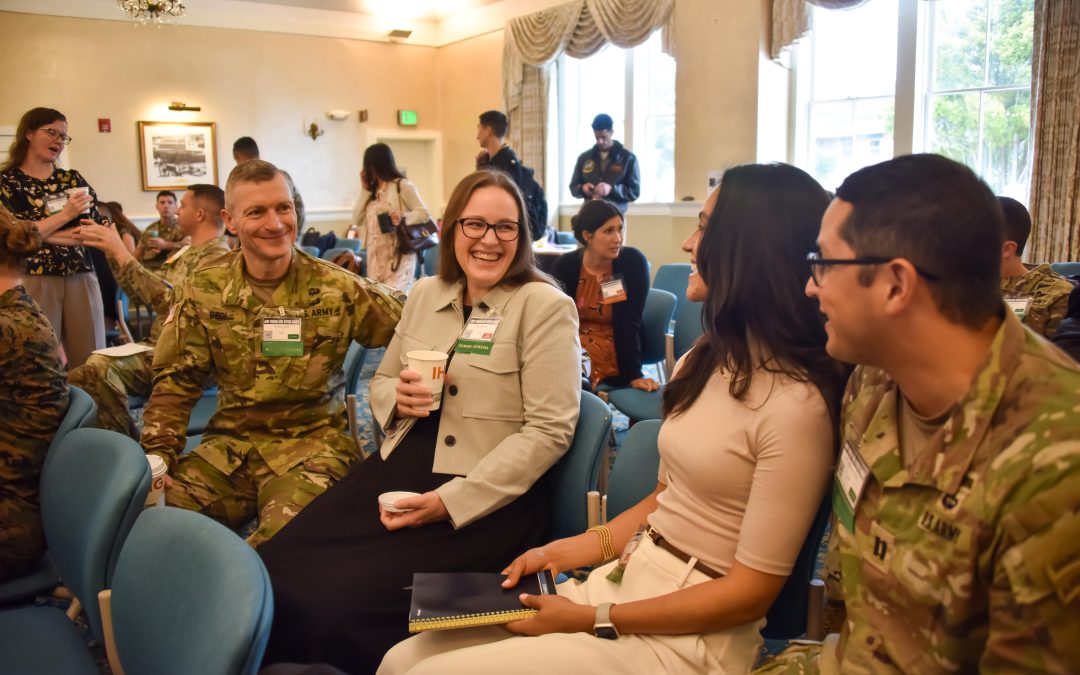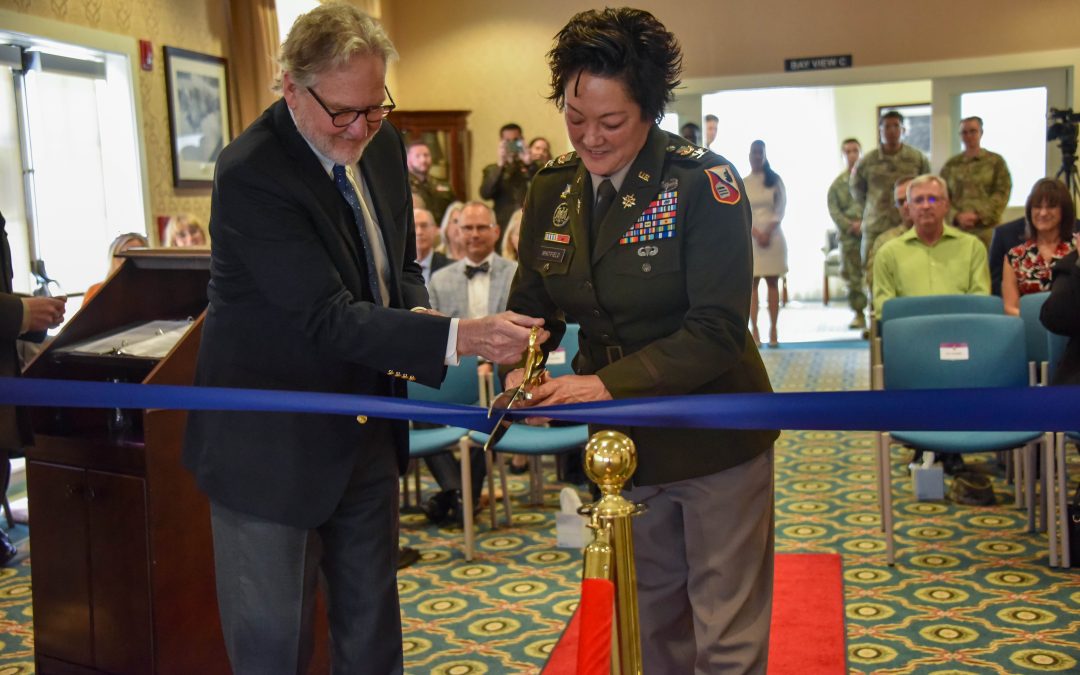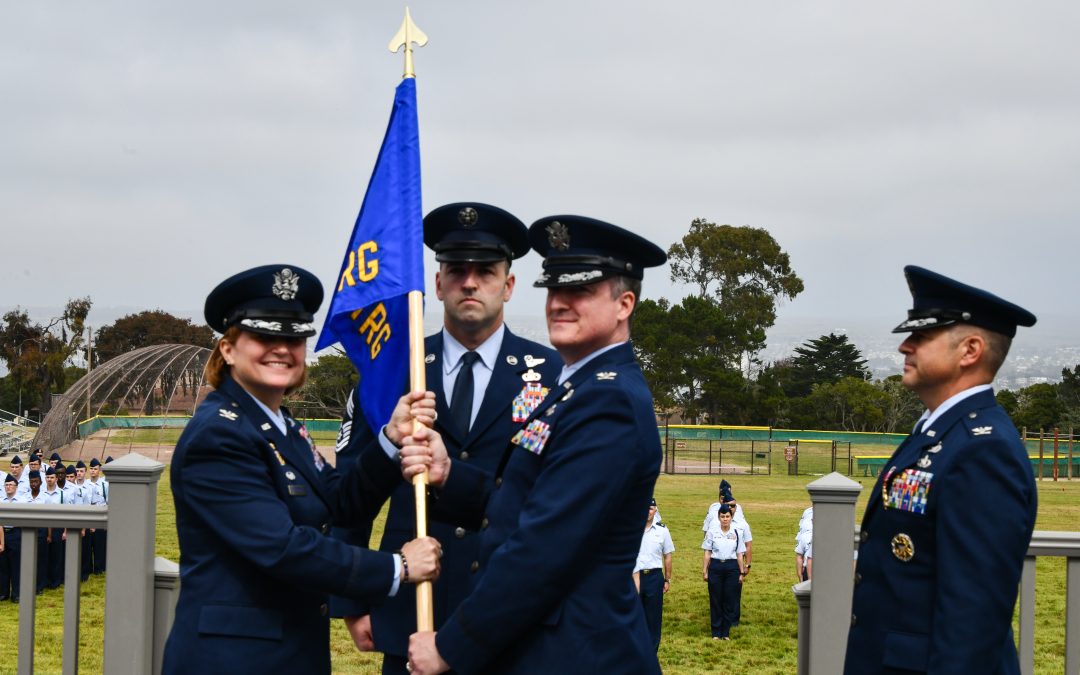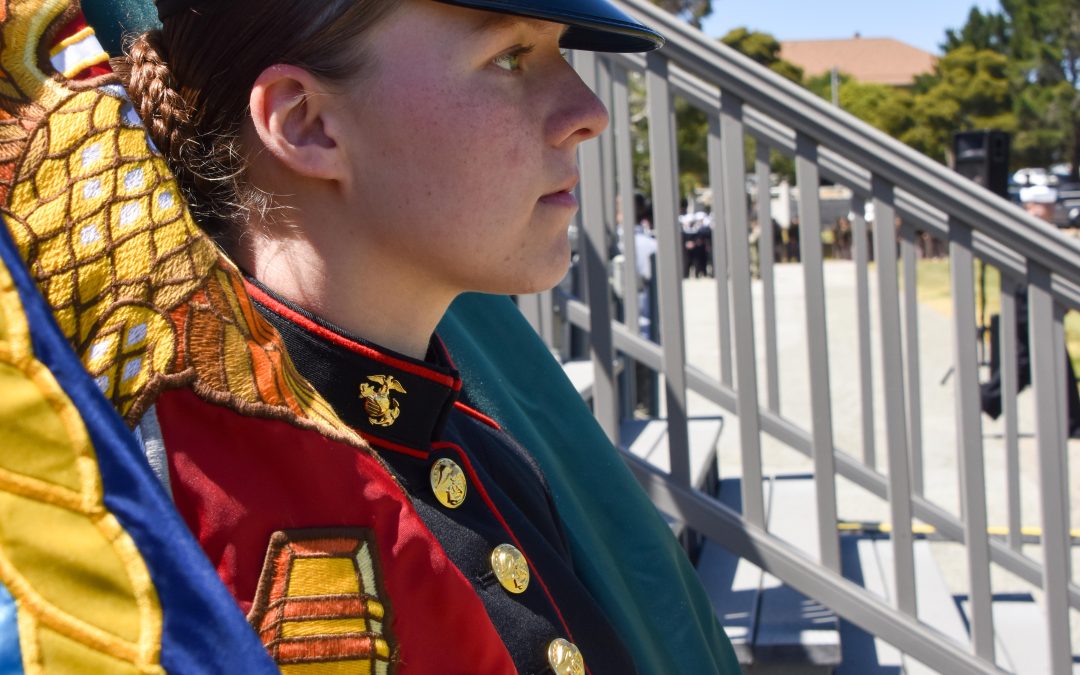The Defense Language Institute Foreign Language Center has faculty and staff from 93 different countries, a wide mix that brings with it a variety of cultures with unique characteristics and habits. Throw in the U.S. military staff and students, which has its own brand of idiosyncrasies, and you get a concoction that defies one-size-fits-all solutions.
As an example, over the last several years, DLIFLC has stepped up its efforts to provide a more tailored approach to resiliency training for students, faculty and staff.
“There were some behavioral health challenges when I got here a year and a half ago,” said World Religions Director and Associate Professor and DLIFLC Chaplain Maj. Paul Roman. The command asked that he and Family Life Chaplain Maj. David Ditola organize a program for the staff and faculty to address some of these issues. “We put together a something that was just going to be a fly-by-night briefing, a one-time thing,” he said.
But based on the surveys, the staff and faculty didn’t want another computer-based training or day-long course.
“For a lot of the instructors, it was, ‘Well, I can listen to all the briefs that you want me to listen to, but we already got all that. We do the same briefs every single year.” What they wanted was to build trust in each other, in their organization and, Roman said, even in themselves.
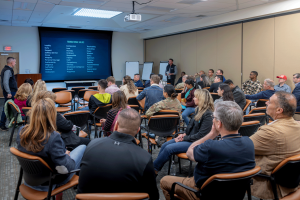
DLIFLC holds their Joint Resiliency Program Capstone event, a three-day seminar that closes a yearlong program that has touched every schoolhouse in a command-sponsored effort to provide a more tailored approach to resiliency training for DLI’s faculty and staff.
As a result, the chaplains created a three-phase joint resiliency program that, over the last year, has been rolled out across all the schoolhouses. The first phase was on understanding personalities and recognizing dangerous signs in communication. Essentially identifying the behavioral and relational dynamics of human beings. The second phase was on developing trust, both within yourself and with your coworkers and organization. The final phase offered one-on-one counseling.
“So far, we’ve done over 60 large sessions and over 34 small group sessions,” Roman said. Between the two chaplains, they’ve done over 750 hours of counseling in the last year from just this program alone.
“All that to say, we think it’s working,” he said.
At the end of April, the one-year anniversary of the program’s start, the team will put together all the data and analyses, and build a report for the command with the results.
With 14 classes completed, Roman believes that the best part about the program is their ability to take in the feedback in real time and adjust fire as they go. Of course, not all the courses started out smoothly. Some schoolhouses were uncertain about how the training would go, simply based on the culture of the country they represented.
For DLIFLC’s Ombuds, Anne Champney, the differences in how different cultures approach resiliency is no surprise.
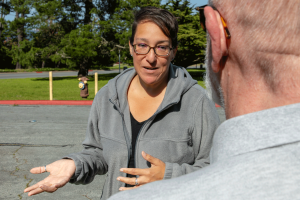
DLIFLC’s Ombuds Anne Champney explains what de-escalation skills can mean for the work environment and for resiliency as a whole.
“Resiliency is not something that a lot of countries and cultures focus on like Americans,” she said. Champney, who has been teaching de-escalation, conflict-avoidance and conflict resolution to staff and faculty over the last year, sees the uniqueness in her courses as well.
“Most of the faculty come from very diverse backgrounds,” she said, adding that they do not necessarily know U.S. norms and military custom. “This lends a super interesting conversational aspect; it lends a lot of really rich history and knowledge.”
Just in de-escalation alone, she says, – another aspect of stress management and a stable work environment that DLIFLC has been developing with their staff and faculty – you can see the cultural differences.
Using broad strokes, Champney says, some of the countries represented at DLIFLC are conflict avoidant. They use what she describes as shuttle diplomacy.
“You be polite and go to your friend who goes to the person you’re in conflict with and talks to them. It’s very indirect and roundabout,” she explained. “Generally, in America, we tend to be very direct in conflict. You go right to the person and say, ‘Hey, you got a problem with me?’ and you work it out. Or not. But it’s very direct.”
What resiliency looks like for each culture might be different, but it lends itself to the same results – positive outcomes in the face of stress.

